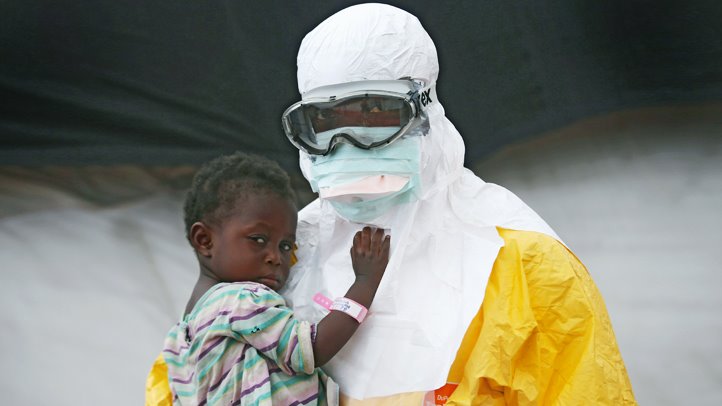Ebola Outbreak

Ebola Virus Disease (EVD) is an often fatal disease, transmitted between humans and wild animals alike, through direct contact with infected surfaces, materials or fluids. Characterised by fever, fatigue, muscle pain, headache, and sore throat, symptoms can be sudden and rapid progressing later to vomiting, diarrhoea and impaired liver/kidney function. Treatment at the moment focuses on early intervention to improve survival chances such as the controlling of symptoms and reducing transmission.
Between 2014 and 2016 West Africa experienced the largest outbreak since the discovery of the disease in 1976, resulting in more cases and deaths than all other previous outbreaks combined.
On August 1st 2019 it was officially declared that an Ebola outbreak was occurring in North Kivu and Ituri provinces of The Democratic Republic of Congo. There have been over 2,500 confirmed cases and health workers are battling to keep the disease contained. This is being classed as a Public Health Emergency of International Concern (PHEIC) by WHO and is the second largest outbreak since the one in 2016.
Please visit the resources section, which offers guidance documents, articles and eLearning courses covering various aspects of the Ebola virus. We are also very keen to hear from researchers who are already working in this area and can share their experiences, so please join the discussion at ‘Research Community'.


